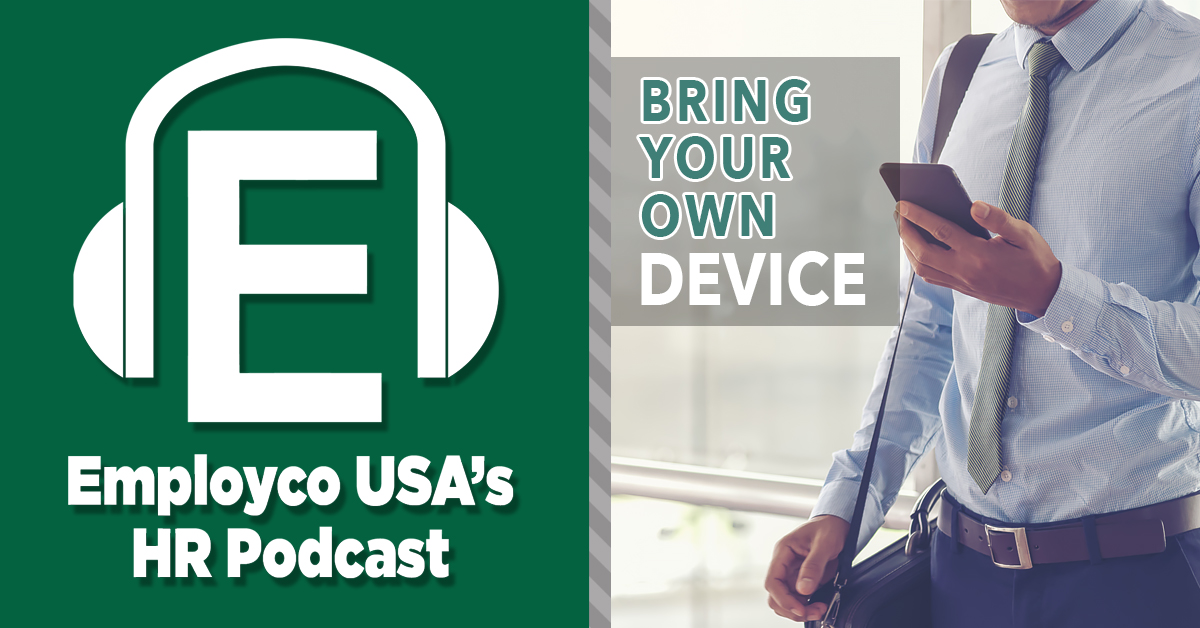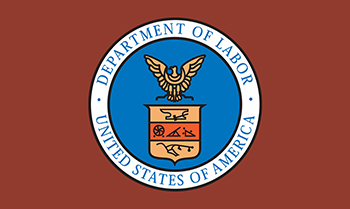Employment expert Rob Wilson explains what companies should do instead
 A recent survey found that two-thirds of organizations feel that their performance reviews are not effective. Described as ‘subjective and highly ambiguous,’ performance reviews can be a very impactful tool when used appropriately, but as this research shows, most companies say that they are falling short of the mark.
A recent survey found that two-thirds of organizations feel that their performance reviews are not effective. Described as ‘subjective and highly ambiguous,’ performance reviews can be a very impactful tool when used appropriately, but as this research shows, most companies say that they are falling short of the mark.
Employment trends expert Rob Wilson, says, “Although some employers are eliminating the annual performance review, we don’t see that as a good solution for the vast majority of companies. Without an annual review (even if it’s just a compilation of more frequent ones), it’s very difficult for employers to work on merit pay increases.”
Wilson, who is the President of the national employment solutions firm Employco USA, says that instead of ditching performance reviews entirely, companies need to rethink the way they approach this measuring stick and bring performance reviews into the modern era.
“Modern performance reviews are largely based on the merit system used by the military in World War I – a system that has not grown adequately to suit the needs of today’s corporate structures. The original idea was that workers were so plentiful that poor performers needed to be identified from efficient workers so the former could be replaced and the latter promoted. This mentality is slowly dying as the labor market tightens up. Employers are now more concerned with coaching poor performers instead of replacing them immediately. Annual reviews are less effective in this regard, since their primary purpose is to hold employees up to a (typically) quantitative standard, not to assess granular performance and insert coaching opportunities. That’s where frequent check-ins come in,” says Wilson.
What is a frequent check-in? Think of frequent check-ins as microscopic evaluations. In this process, managers evaluate employee performance periodically throughout the year, not just at its end. Managers are checking in on employee performance as it happens, not giving a rating months later.
 Last week the House Oversight and Reform Committee passed a bill which would effectively “ban the box” that would keep federal agencies and contractors from asking potential employees’ about their past criminal history, until after these applicants had been offered a conditional employment offer.
Last week the House Oversight and Reform Committee passed a bill which would effectively “ban the box” that would keep federal agencies and contractors from asking potential employees’ about their past criminal history, until after these applicants had been offered a conditional employment offer. Two-thirds of Americans have smartphones, and nearly half of us use our phones for work purposes. That number is only continuing to increase, and 95 percent of organizations allow employees to use their phones for business tasks.
Two-thirds of Americans have smartphones, and nearly half of us use our phones for work purposes. That number is only continuing to increase, and 95 percent of organizations allow employees to use their phones for business tasks.
 The Department of Labor (DOL) has just released their proposed changes related to the federal overtime regulations.
The Department of Labor (DOL) has just released their proposed changes related to the federal overtime regulations. The Defense Department has just announced that President Trump’s ban against transgender military members will go into effect in April. With just a matter of weeks until the ban is implemented, many transgender people in a variety of industries are feeling frightened about their own job status, even if they do not work in the armed forces.
The Defense Department has just announced that President Trump’s ban against transgender military members will go into effect in April. With just a matter of weeks until the ban is implemented, many transgender people in a variety of industries are feeling frightened about their own job status, even if they do not work in the armed forces. Recent statistics reveal that March Madness has become more popular than ever before, thanks in large part to the worldwide betting that takes place. Over 60 million people are expected to fill out brackets this year, with an estimated $10 million being put on the table. However, there is another cost which people may not expect: A downturn in employee productivity.
Recent statistics reveal that March Madness has become more popular than ever before, thanks in large part to the worldwide betting that takes place. Over 60 million people are expected to fill out brackets this year, with an estimated $10 million being put on the table. However, there is another cost which people may not expect: A downturn in employee productivity. Millennials often get criticized for having an ‘entitled’ attitude, and this appears to hold true in the workplace as well.
Millennials often get criticized for having an ‘entitled’ attitude, and this appears to hold true in the workplace as well.  A new study found that over 20 percent of people quit their new positions within the first 6 weeks of joining a company. Furthermore, the new research from Robert Half found that 93 percent of new employees consider leaving their jobs before the end of their probationary period.
A new study found that over 20 percent of people quit their new positions within the first 6 weeks of joining a company. Furthermore, the new research from Robert Half found that 93 percent of new employees consider leaving their jobs before the end of their probationary period.
